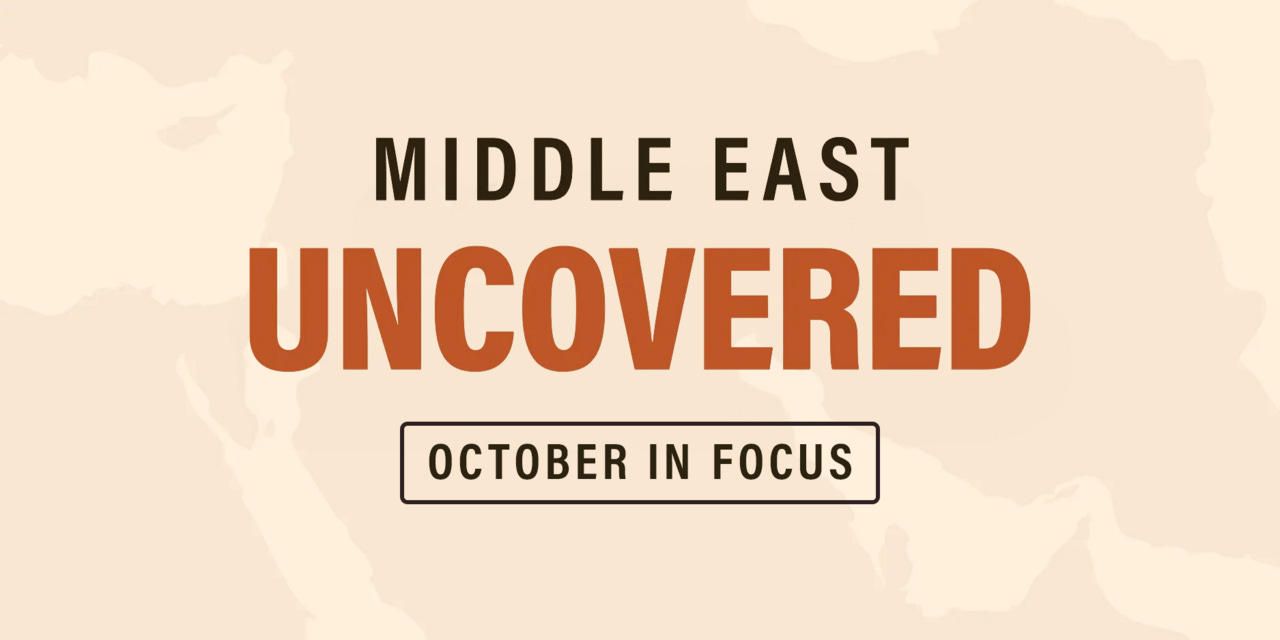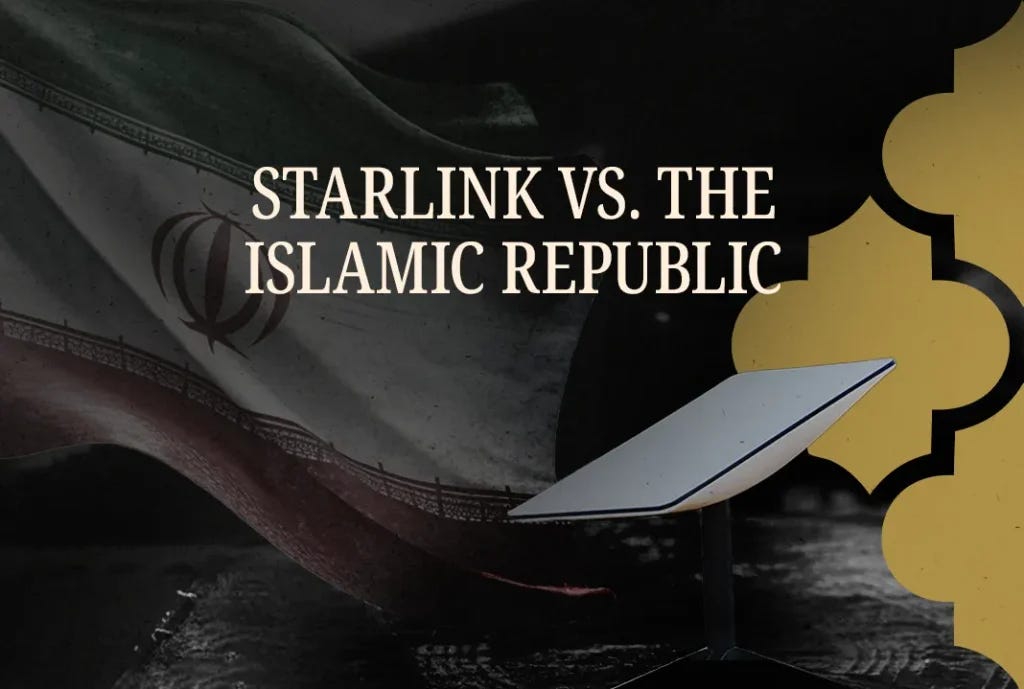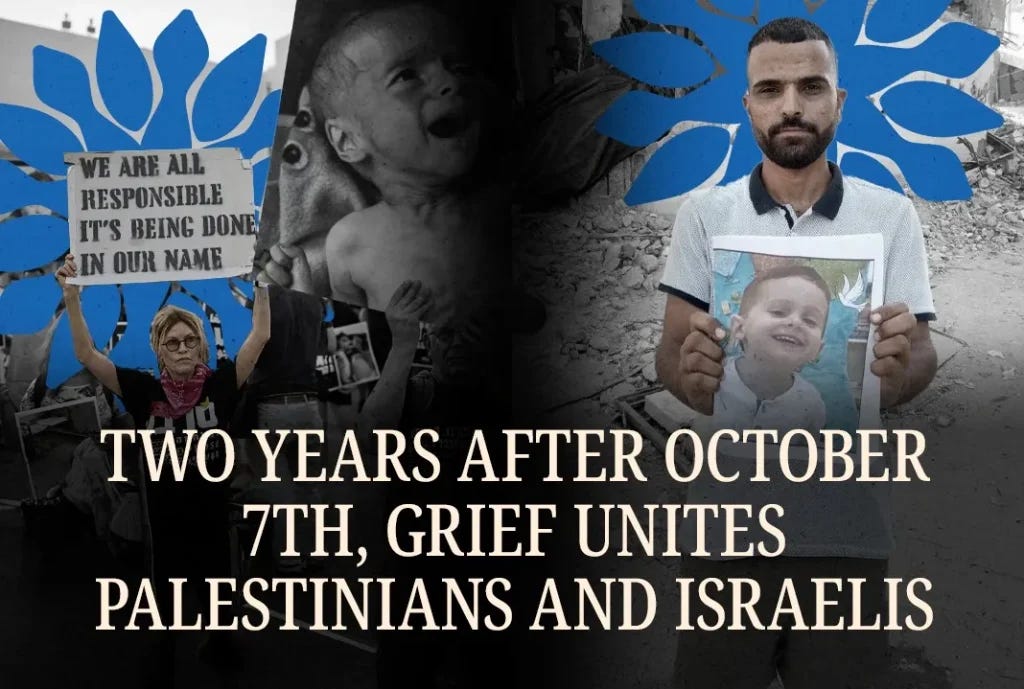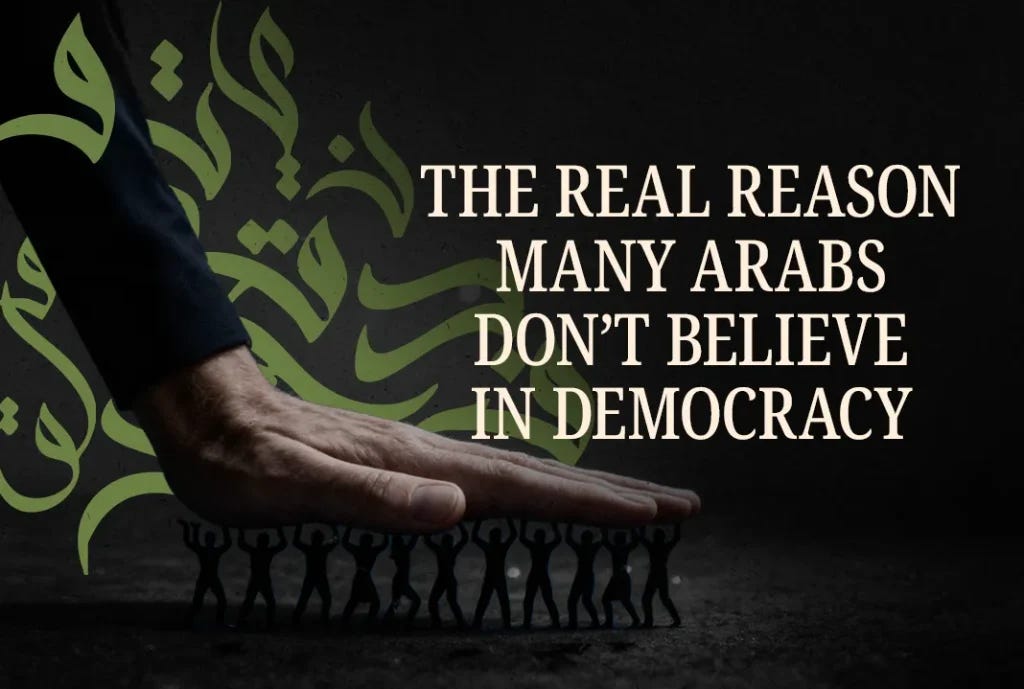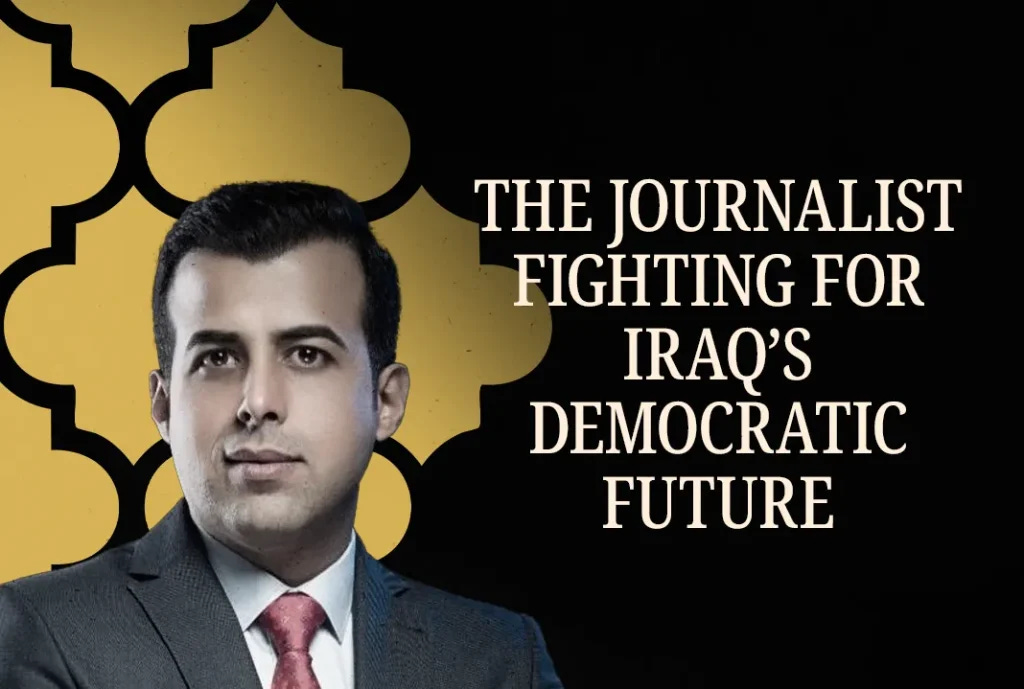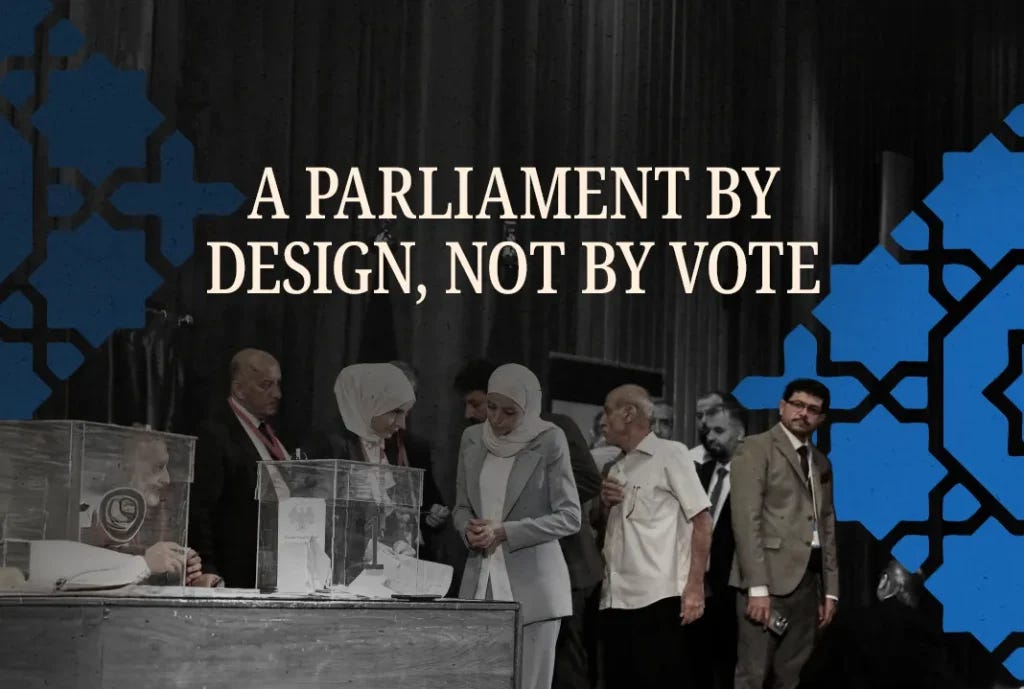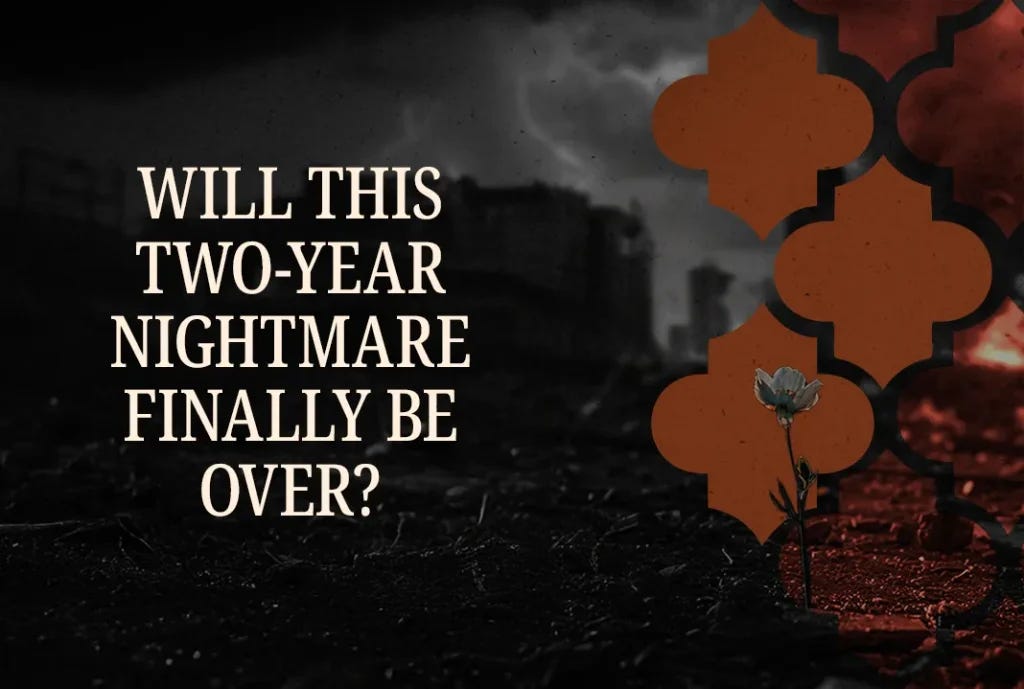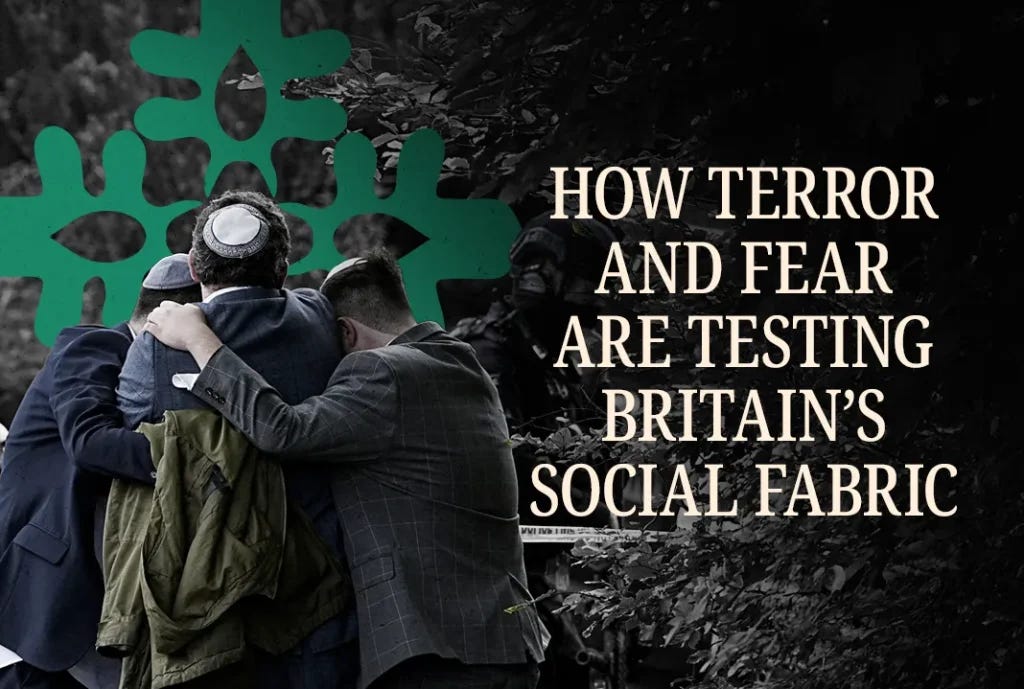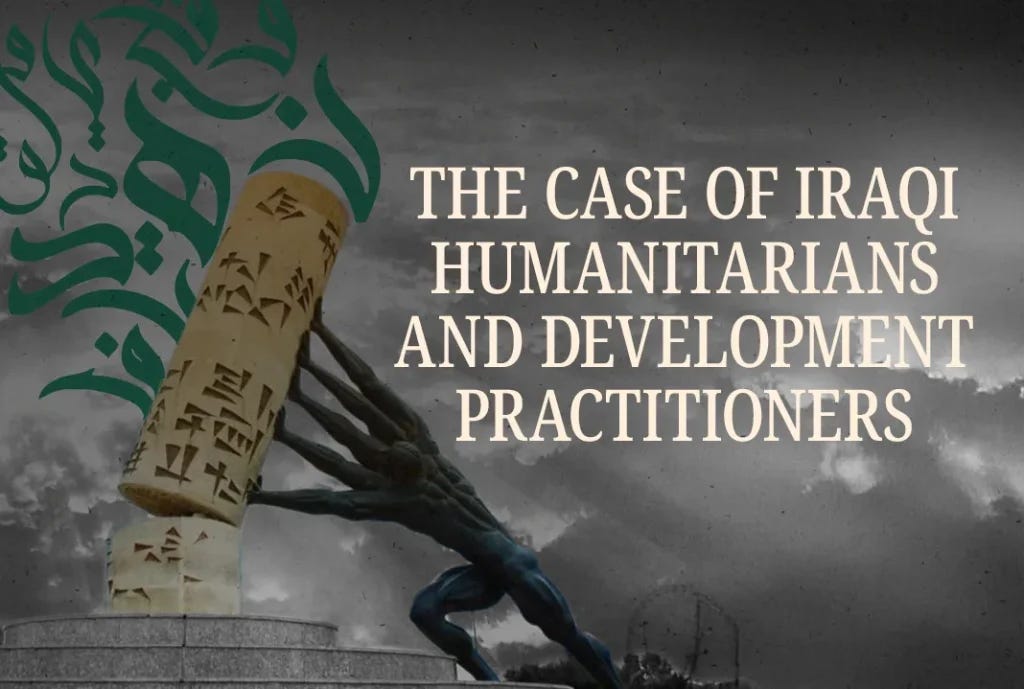What You Might Have Missed: October at Middle East Uncovered
Last month's coverage captured a region under pressure and in motion. Across the Middle East, people are confronting state corruption, social upheaval, and the struggle for agency.
From Starlink breaching Iran’s digital blackout to ongoing ceasefire negotiations in Gaza and the emergence of new civic movements, October’s stories reflected the tension and determination driving people to assert control over their own futures.
Major dynamics at play this month:
Connectivity challenging censorship in Iran
Precarious progress and persistent trauma in Gaza
Journalists, aid workers, and artists defending civic space
The global ripple effects of regional tensions
Every day acts of creativity and endurance in dark times
Top Read Stories
Reid Newton takes us inside Iran’s underground Starlink network, where engineers defy the surveillance state to reconnect a censored nation.
Even three years after Mahsa Amini’s death, the struggle over connection in Iran remains a proxy for the larger struggle over power. For the Islamic Republic, controlling information is central to controlling dissent; for Iranians, accessing the uncensored internet is both a practical tool and an act of organized noncompliance. The Starlink devices that Cyrus and others risked so much to deliver are still rare, expensive, and vulnerable, but their existence has changed the calculus. Every functioning dish on a rooftop is proof that the regime’s monopoly on truth can be breached.
Hamza Howidy exposes how shared loss is forging fragile connections across one of the world’s most entrenched divides.
Extremists on both sides have their reasons to dismiss bridge-building efforts. But I’ve seen the transformative power of this approach. I was once more radical in my views, seeing the “other side” as a monolithic entity, an ideology to oppose. Through discourse and genuine engagement, I came to see people as unique individuals with their own stories, fears, and hopes. This isn’t unique to me; I’ve witnessed many people undergo similar transformations. When you create spaces for dialogue, when you allow people to hear each other’s stories without the filter of propaganda or fear, sympathy and understanding can take root even in the hardest soil.
Faisal Saeed Al Mutar takes a candid look at how decades of dictatorship, disillusionment, and war have shaped public skepticism toward democracy in the Arab world, and how it can be rebuilt.
Democracy will not arrive in the Arab world by parachute, by foreign lecture, or by the next military coup in the name of reform. It will come when citizens no longer need to beg for support, when their minds are free, their stomachs are full, and their hands can build, when dignity is not a promise on a poster but a paycheck earned honestly.
Reid Newton profiles Hussam al-Haj, a TV anchor risking his life to keep Iraq’s democratic hopes alive amid threats from militias and political elites.
By continuing to broadcast dissent, Hussam al-Haj keeps alive the possibility of a more democratic Iraq free of Iran’s suffocating grip. In spite of the threats, harassment, and even killings of journalists, his presence on air is proof that Iraq’s fight for democracy is unfinished, and that some remain committed to seeing it through.
Ammar Abdulhamid exposes how authoritarian regimes stage parliaments that mimic democracy but serve the interests of those in power, and explains why genuine reform requires dismantling the architecture of corrupt rule.
Seen in that light, these elections were less a democratic milestone than a recalibration of power—a test of whether the post-Assad order could produce a working legislature without losing coherence or control. Al-Sharaa’s allies appear to have succeeded in keeping hardliners at bay, for now, while allowing just enough pluralism to lend the process a veneer of openness. The People’s Assembly that emerges from this experiment may not yet be democratic. Still, it will serve as a laboratory for the kind of governance al-Sharaa seems to envision: strong, conservative, and market-driven.
Faisal Saeed Al Mutar offers a reflection after more than two years of war and trauma, and shares his hope that diplomacy and reason can outpace fatigue and polarization.
Blessed be the peacemakers, for they carry the heaviest burden and receive the smallest applause. But history, in time, remembers them differently. It remembers them as the ones who stood steadfast in the storm and refused to move.
Iram Ramzan writes about how fear, identity, and online narratives are straining coexistence in Britain, revealing how delicate pluralism has become.
For now, police cordons remain in place around the Heaton Park synagogue. The funerals have yet to be held. The trauma—both individual and collective—has only begun to settle in. In 2017, after the Manchester Arena bombing, the city came together with a powerful message of unity. But this time it’s different. The divisions in our country are far deeper. And neither vigils nor statements of solidarity are going to fix that overnight.
Ahmed Windi explains how, as Iraq’s NGO sector contracts under global donor fatigue and shifting priorities, thousands of aid workers are being forced to reinvent themselves.
As donor funding dwindles, organizations are forced to streamline operations, collapsing roles that once required entire teams into the hands of a single individual. Today, a project coordinator is expected to do it all—coordinate activities, monitor and evaluate progress, write reports, fundraise, draft proposals, manage communications, handle finances, oversee logistics, and ensure safety on the ground. The demand for versatility has never been greater: employees must be self-reliant, resilient, and adept at navigating complex, high-pressure roles.
Also in October
Shuhra Wakili and the Ballad of the Exiled. On the Afghan artist preserving identity through song and exile.
Twenty-Five Years After Resolution 1325, Where Are Arab Women in Peacebuilding? Olivia Cuthbert assesses the unfinished business of women’s leadership in post-conflict recovery.
A Nobel Win that Rekindles the Arab World’s Scientific Legacy. Celebrating regional scientific achievement and intellectual heritage.
The Woman Behind Palestine’s Pioneering Brewery. Iram Ramzan meets the brewer redefining Palestinian entrepreneurship one pint at a time.
Tribal Loyalties Are Burning Afghanistan and Pakistan Alike. How historic divisions are fueling new violence across the borderlands.
Dictators Share a Playbook, But So Do the Brave. On how activists across borders are learning from one another, turning shared repression into shared resistance.
October’s reporting captured that struggle in motion: activists using satellites to evade censors, journalists risking everything to speak truth, and women transforming economies once closed to them.
Stay tuned for November’s coverage at Middle East Uncovered and share MEU with someone who should be reading it.
Middle East Uncovered is powered by Ideas Beyond Borders. The views expressed in Middle East Uncovered are those of the authors and do not necessarily reflect the views of Ideas Beyond Borders.



